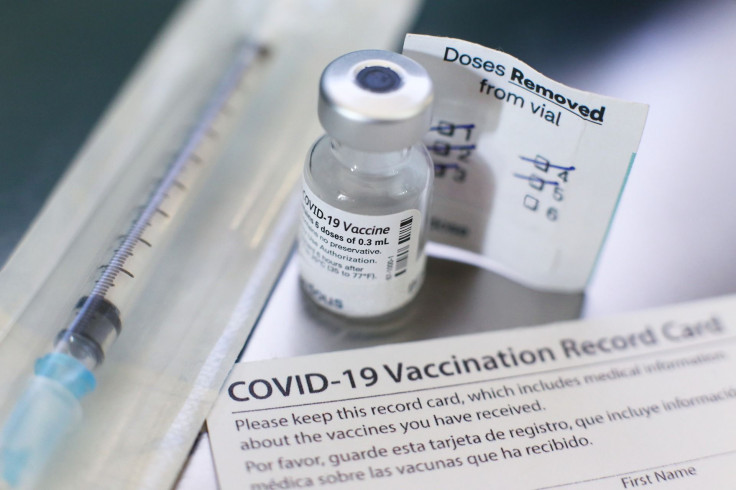Vaccinated People Are Less Likely To Spread Delta Variant Despite Breakthrough Cases
While some Americans are now being encouraged to get booster shots to bolster the effectiveness of their Pfizer COVID-19 vaccines, new research is showing that while those who have gotten their jabs are still able to contract the illness, they are also still less likely to spread it.
New data from British scientists at the University of Oxford finds that those who had breakthrough infections after receiving either the Pfizer-BioNTech or AstraZeneca vaccines were less likely to transmit the virus to others, NBC News reports, encouraging information as many still refuse to get a shot.
“It’s the highest quality study we have so far on the question of infectiousness of vaccinated people infected with delta,” Dr. Aaron Richterman, an infectious disease physician at the University of Pennsylvania said.
The research looked at nearly 150,000 contacts which were traced from approximately 100,000 initial cases of COVID-19 and included an unspecified mix of people vaccinated with either the Pfizer or AstraZeneca shots, as well as those who were unvaccinated. When looking at how the vaccines and how they affected the spread of both the alpha and delta variants in those with breakthrough infections, it was found that while vaccines were more effective against the alpha variant, transmission was still reduced of the delta variant. Contacts were 65% less likely to test positive if their exposure occurred from someone who had received two doses of the Pfizer vaccine, with an additional 36% less likely to test positive if their contact had received the AstraZeneca vaccine. Transmission risk grew when an initial contact had received just one dose of either vaccine or if they were unvaccinated.
The news is encouraging as the race continues to get more people vaccinated among a swell of new infections due to the Delta Variant. Despite the increases in case numbers and increased pressure to get vaccinated through mandates, the United States only has a 55.8% fully vaccinated rate, according to the latest data from the CDC. The rate is in spite of data showing that the three available vaccines in the United States are all effective at reducing the seriousness of infection in those who did still contract COVID.
In fact, with the rollout of booster vaccines to those who are vulnerable or age 65+, 71% of unvaccinated Americans took that as a sign that the vaccines weren’t effective.
However, while this study does provide more positive information in regards to the vaccines, it did also note that protection against transmission did wane, with the AstraZeneca vaccine showing that those with breakthrough infections were just as likely to spread the delta variant as those who were not vaccinated at all in just three months. Pfizer also saw reduced protection over time but was still better at the three-month mark.

© Copyright IBTimes 2025. All rights reserved.





















